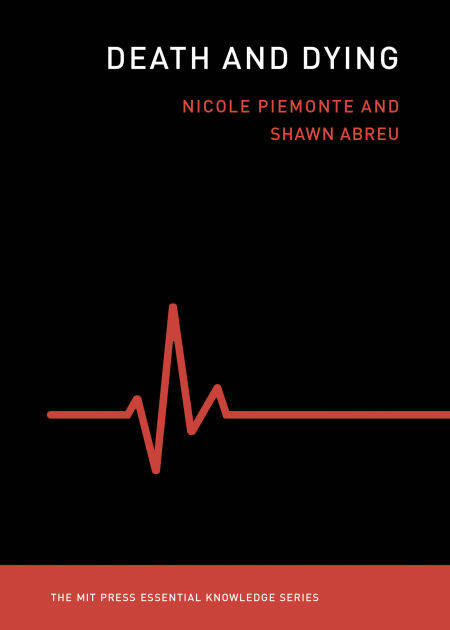
Bedankt voor het vertrouwen het afgelopen jaar! Om jou te bedanken bieden we GRATIS verzending (in België) aan op alles gedurende de hele maand januari.
- Afhalen na 1 uur in een winkel met voorraad
- In januari gratis thuislevering in België
- Ruim aanbod met 7 miljoen producten
Bedankt voor het vertrouwen het afgelopen jaar! Om jou te bedanken bieden we GRATIS verzending (in België) aan op alles gedurende de hele maand januari.
- Afhalen na 1 uur in een winkel met voorraad
- In januari gratis thuislevering in België
- Ruim aanbod met 7 miljoen producten
Zoeken
Omschrijving
An examination of the contemporary medicalization of death and dying that calls us to acknowledge instead death's existential and emotional realities.
Death is a natural, inevitable, and deeply human process, and yet Western medicine tends to view it as a medical failure. In their zeal to prevent death, physicians and hospitals often set patients and their families on a seemingly unstoppable trajectory toward medical interventions that may actually increase suffering at the end of life. This volume in the MIT Press Essential Knowledge series examines the medicalization of death and dying and proposes a different approach--one that acknowledges death's existential and emotional realities.
The authors--one an academic who teaches and studies end-of-life care, and the other a physician trained in hospice and palliative care--offer an account of Western-style death and dying that is informed by both research and personal experience. They examine the medical profession's attitude toward death as a biological dysfunction that needs fixing; describe the hospice movement, as well as movements for palliative care and aid in dying, and why they failed to influence mainstream medicine; consider our reluctance to have end-of-life conversations; and investigate the commodification of medicine and the business of dying. To help patients die in accordance with their values, they say, those who care for the dying should focus less on delaying death by any means possible and more on being present with the dying on their journey.
Death is a natural, inevitable, and deeply human process, and yet Western medicine tends to view it as a medical failure. In their zeal to prevent death, physicians and hospitals often set patients and their families on a seemingly unstoppable trajectory toward medical interventions that may actually increase suffering at the end of life. This volume in the MIT Press Essential Knowledge series examines the medicalization of death and dying and proposes a different approach--one that acknowledges death's existential and emotional realities.
The authors--one an academic who teaches and studies end-of-life care, and the other a physician trained in hospice and palliative care--offer an account of Western-style death and dying that is informed by both research and personal experience. They examine the medical profession's attitude toward death as a biological dysfunction that needs fixing; describe the hospice movement, as well as movements for palliative care and aid in dying, and why they failed to influence mainstream medicine; consider our reluctance to have end-of-life conversations; and investigate the commodification of medicine and the business of dying. To help patients die in accordance with their values, they say, those who care for the dying should focus less on delaying death by any means possible and more on being present with the dying on their journey.
Specificaties
Betrokkenen
- Auteur(s):
- Uitgeverij:
Inhoud
- Aantal bladzijden:
- 248
- Taal:
- Engels
- Reeks:
Eigenschappen
- Productcode (EAN):
- 9780262363853
- Verschijningsdatum:
- 6/09/2021
- Uitvoering:
- E-book
- Beveiligd met:
- Adobe DRM
- Formaat:
- ePub

Alleen bij Standaard Boekhandel
+ 15 punten op je klantenkaart van Standaard Boekhandel
Beoordelingen
We publiceren alleen reviews die voldoen aan de voorwaarden voor reviews. Bekijk onze voorwaarden voor reviews.









